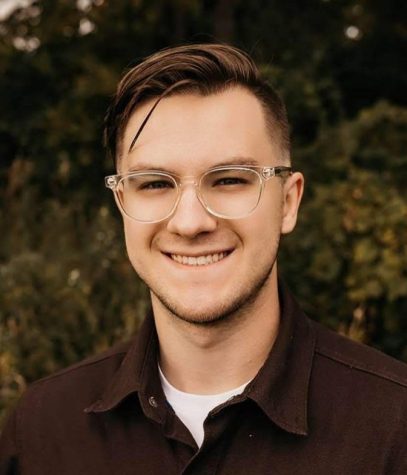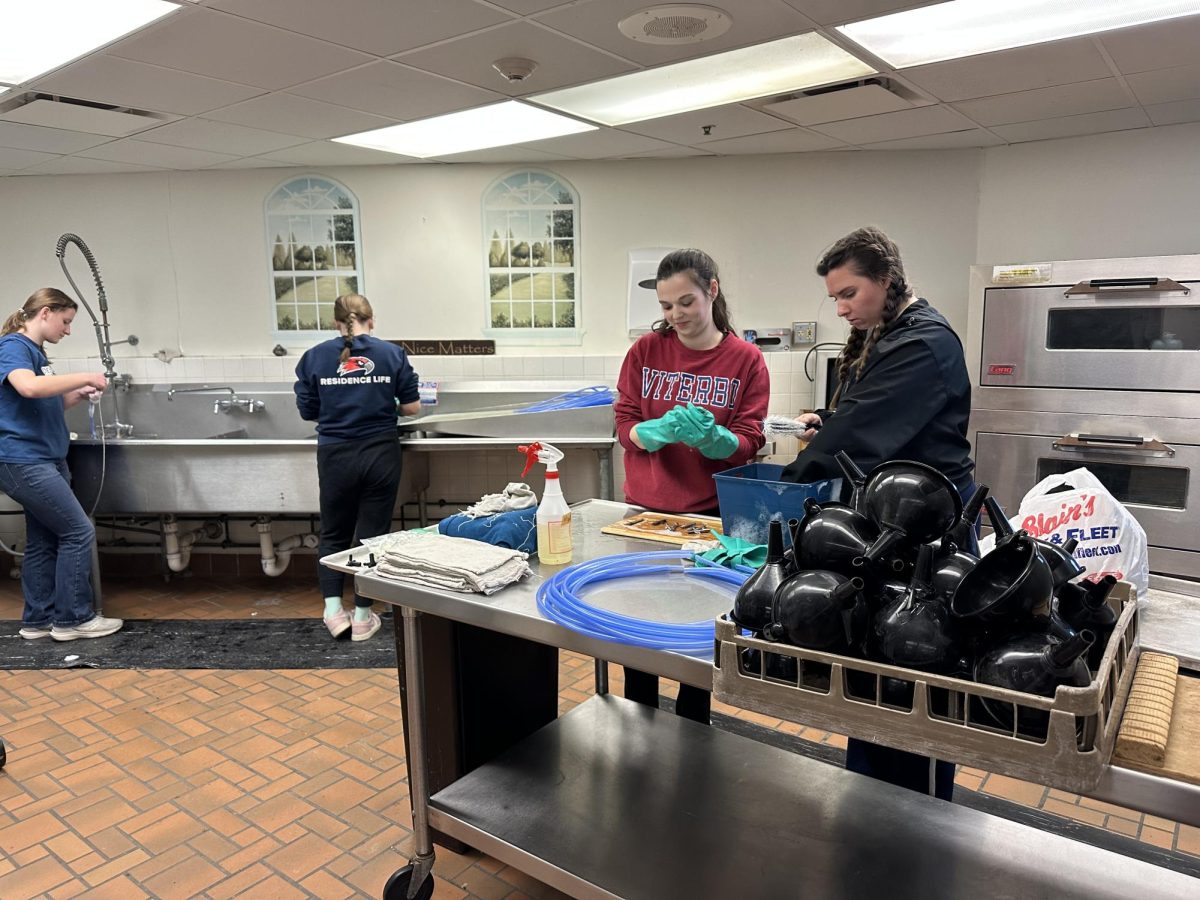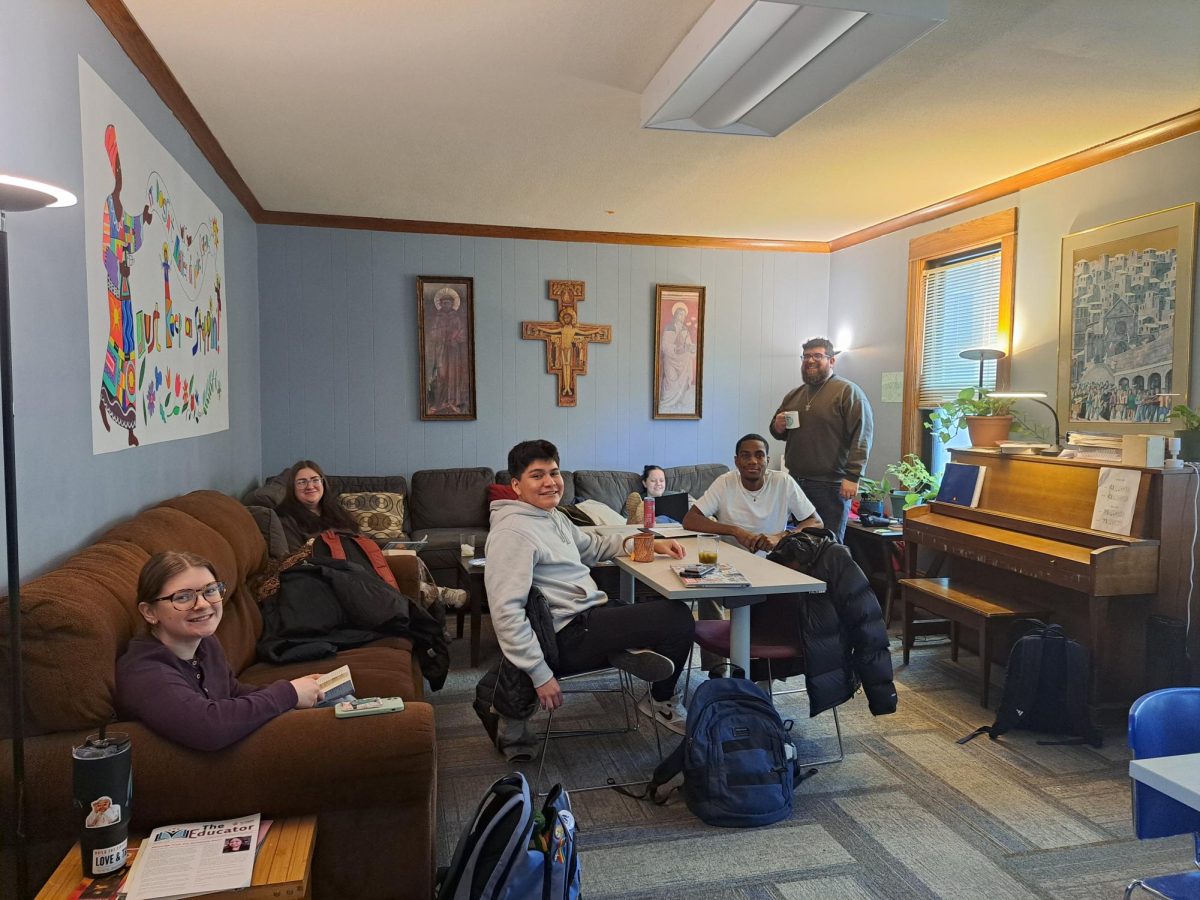Wellness coaching a new initiative at Viterbo
December 7, 2022
Wellness coaching is aimed at helping a person achieve positive goals and maintaining healthy habits. Viterbo has been building the foundation to incorporate a wellness coaching program for some time. Many faculty from different areas such as Counseling Services, Student Wellness, and the Recreation Department are working together on this initiative.
Assistant Dean of Student Wellbeing, Marci Iverson, has been helping coordinate the wellness coaching effort at Viterbo. “The program has been in development and is a collaborative endeavor between student wellbeing, counseling services and Master’s in mental health counseling. The Masters students intern with Counseling Services offices. They help provide support with the development of the training and offer some coaching depending on availability. It is something very new in response to the needs and interests of students as things are articulated in different avenues and evaluations.” Student needs are at the forefront of this developing program, allowing a more responsive approach to the coaching and forming of the program.
Students may wonder if seeking assistance to achieve their goals is really necessary. Iverson says one of the purposes of wellness coaching is, “If someone just is looking for additional external support, motivation to achieve particular goals, or other initiatives, that they can take advantage of the coaching.” She follows up by saying that “The goal at the end of a session is that the client knows what they will be aiming to do in that period of time between sessions. It is really student-driven. They really set the goals and if something seems potentially too challenging based on where they’re at, that’s where the coach can maybe help guide them and shift the goal so that they’re setting them up for success in between sessions.”
The coaches can help develop goals but can also help in setting up a pathway to work towards whatever goals or purpose they wish to achieve. “They’re working together,” as Iverson puts it. Collaboration is not only in the founding of the wellness coaching program, but it is a driving factor in the coaching itself.
Students can come with a variety of things they want to improve. “Coaching may help support things such as fitness or an activity goal. It may be a nutrition goal, time management skills, or even helping with prioritization establishment and routines,” says Iverson. Wellness coaching can help with more than just physical goals. “Wellness coaching,” says Iverson, “could help to some extent with relationships, encouraging people to get out and do things if they want to or help students learn how to set their own boundaries.”
The coaching, like many of Viterbo’s other services, is here to support the student body. It is another resource for the students who want to take advantage of it. Iverson describes the thought behind the program as a way for students to seek assistance and “Troubleshoot things that happen in life.”
It can be hard for students to balance school, work, life, and then try to have energy left to brainstorm goals or have enough motivation uphold a healthy lifestyle. For some students having to practice the navigational skills required for all of that can be another drain on their finite energy reserve. Iverson wants the wellness coaching program to be “Helping the individual work through their own journey.” Maintaining unique journeys is a part of life and having a little extra support to help walk that path can help individuals navigate their own.


